Maruti Suzuki CEO: Exports to Grow Three-Fold by 2030, Says MD & CEO Hisashi Takeuchi at SIAM Convention 2024
From FY21 to FY24, Maruti Suzuki's export numbers went up by more than 1.85 lakh units. Hisashi Takeuchi stated that to reduce carbon emissions, the company plans to use a variety of technology in its cars for the home market.
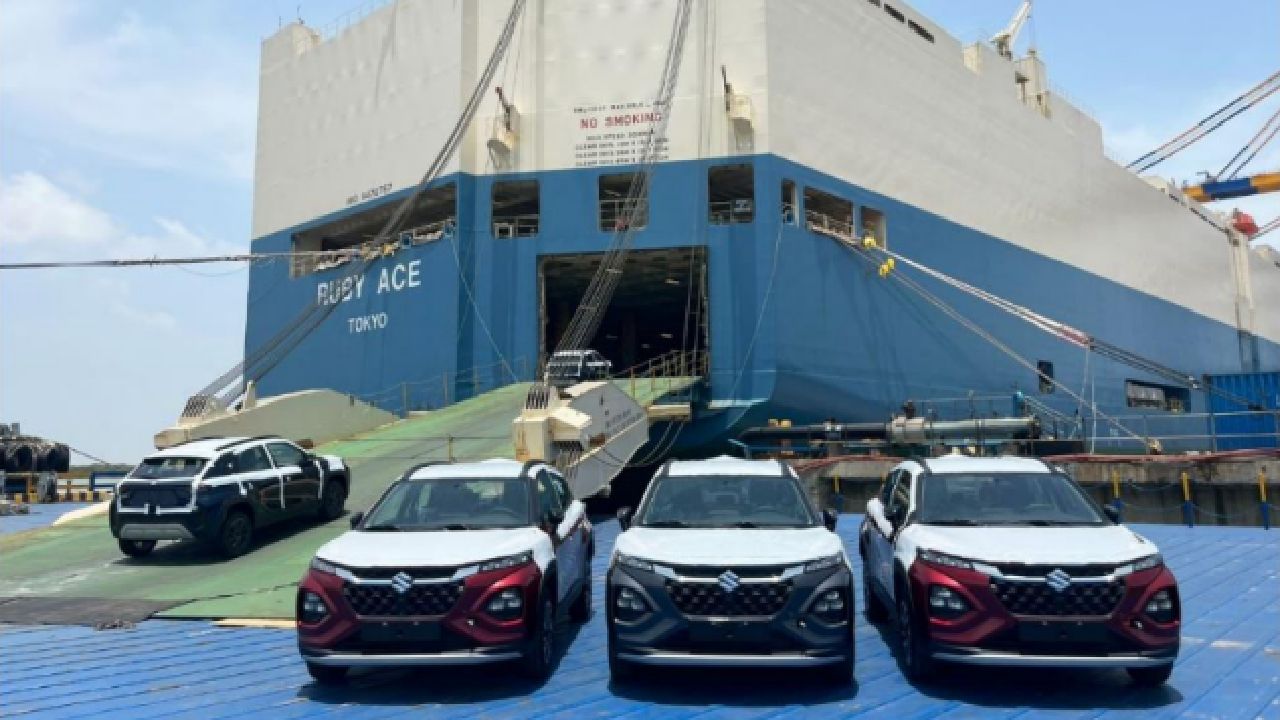
Hisashi Takeuchi, MD and CEO of Maruti Suzuki India (MSI) stated that the company plans to significantly increase its foreign exports by the year 2030. Speaking at the 64th annual session of the industry body SIAM, he noted that the company's international shipments will experience "multiples of growth" in the coming years. Takeuchi said, 'There is no reason why India should not target a big pie of global trade. As Maruti Suzuki, I can tell you we are not talking about percentage growth but in terms of multiples of growth. So, our exports from India today are three times what we had four years ago. Not only that, our exports will be 3 times of today in about 6 years from today. The company is already exporting some vehicles back to Japan.'
Also Read: Maruti Suzuki Brezza Beats Creta, Punch and More to Become Best-selling SUV in August
Maruti Suzuki India Begins Vehicle Exports
Maruti Suzuki began exporting the India-made Fronx SUV to Japan in August, with the first shipment of more than 1,600 units departing from Gujarat's Pipavav port. After the Baleno in 2016, this is the company's second model exported to Japan. Notably, it is also the first SUV from Maruti Suzuki to be introduced in the Japanese market.
Mechanically, a 1.0-litre Boosterjet turbo-petrol or a 1.2-litre normally aspirated (NA) petrol engine powers the vehicle. While the former produces 99bhp and 147.6Nm, the latter generates 89bhp and 113Nm. A six-speed torque converter automatic gearbox or a five-speed manual gearbox are the available transmission options for the Boosterjet turbo-petrol mill. On the other hand, the naturally aspirated (NA) engine is available with a five-speed manual and an automatic manual gearbox.
Also Read: Maruti Suzuki Swift CNG India Launch in September; Here's All You Need to Know
The export figures of Maruti Suzuki have increased by over 1.85 lakh units from FY21 to FY24. Takeuchi stated that in order to reduce carbon emissions, the company plans to use a variety of technology in its cars for the home market. According to him, the company would consider developing models centred around hydrogen and biofuels in addition to electric and powerful hybrid vehicles. These technologies or powertrain options can reduce CO2 emissions and oil consumption.
Meanwhile, Takeuchi also announced MSI automaker will introduce an electric vehicle (EV) with a 500-km range. It will be powered by a 60kWh battery.


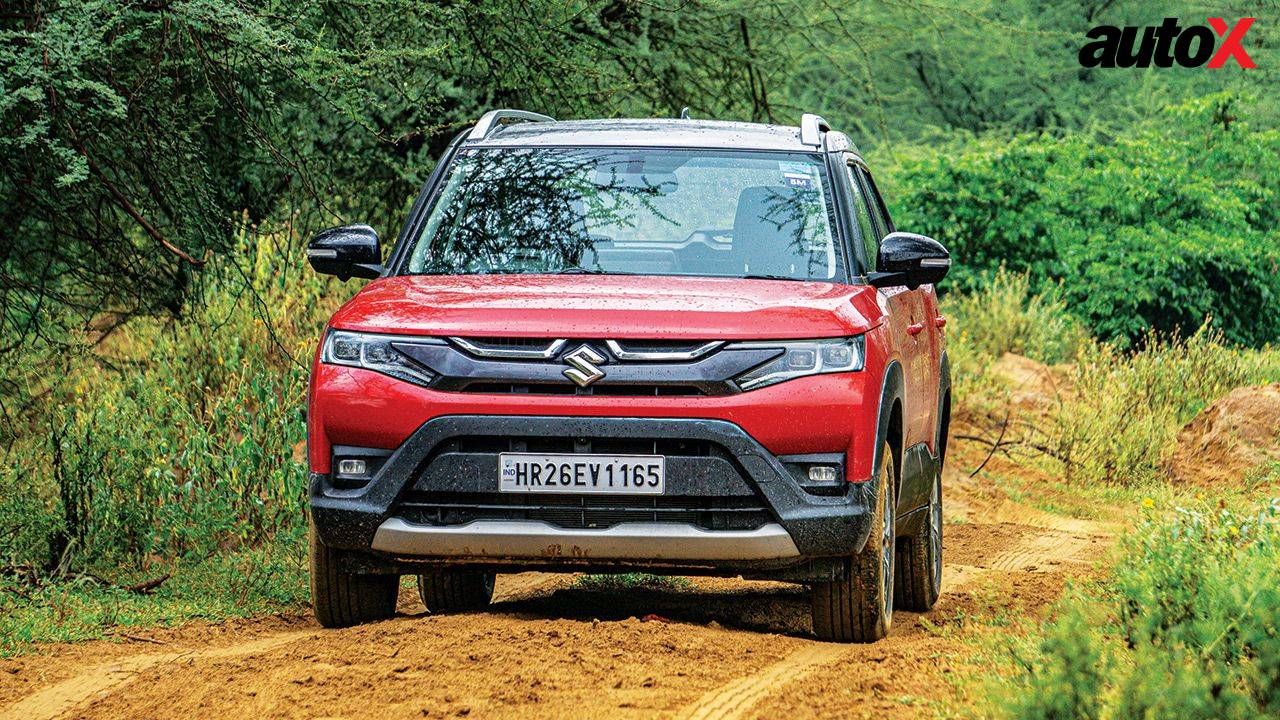

.webp)
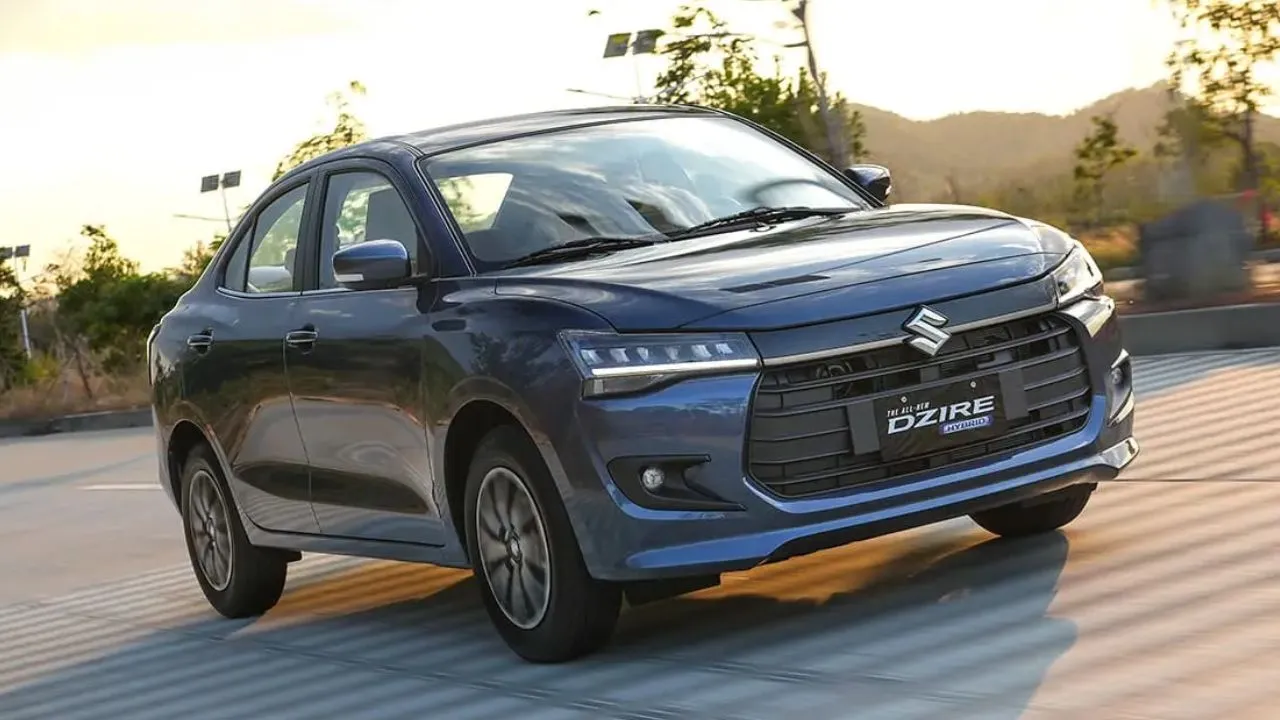
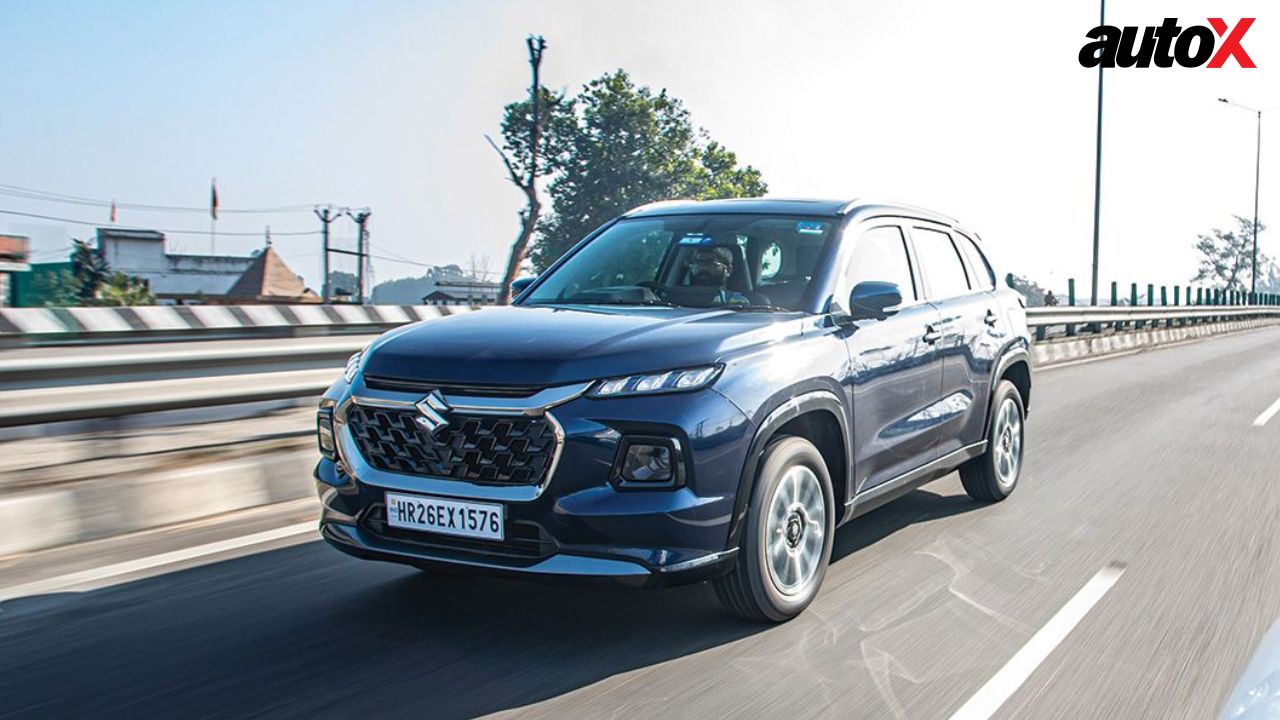
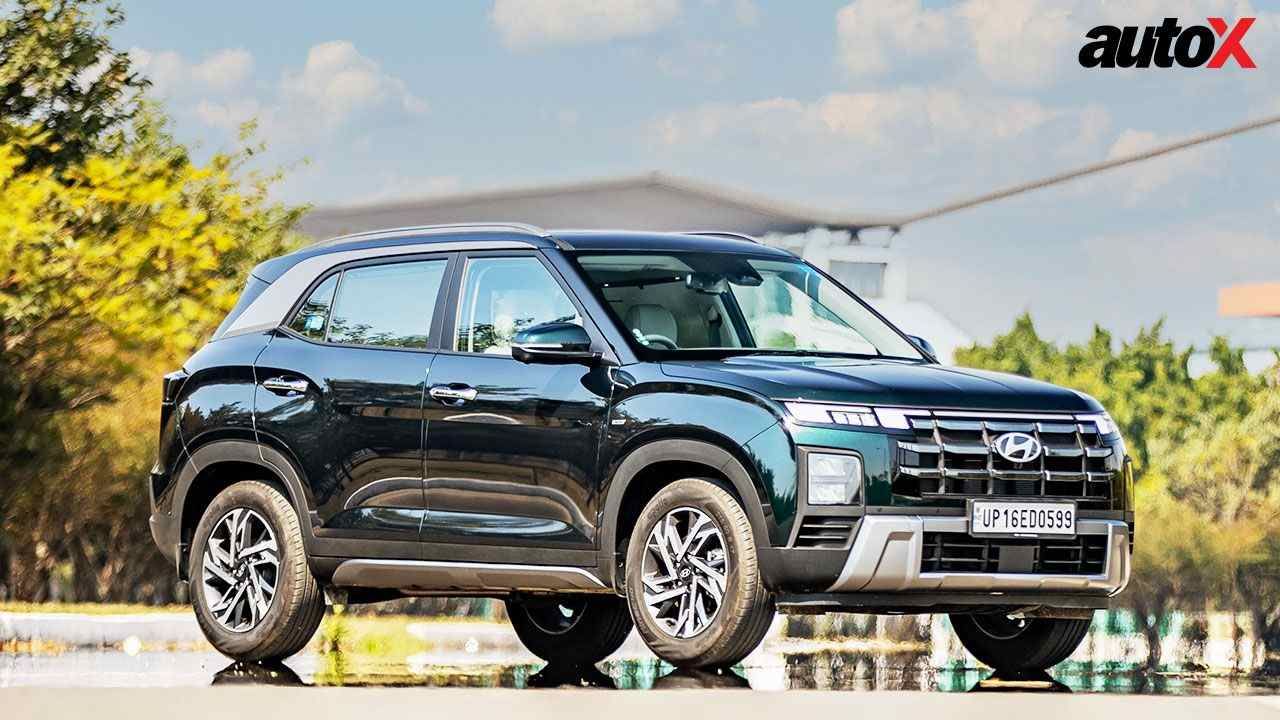
Write your Comment on